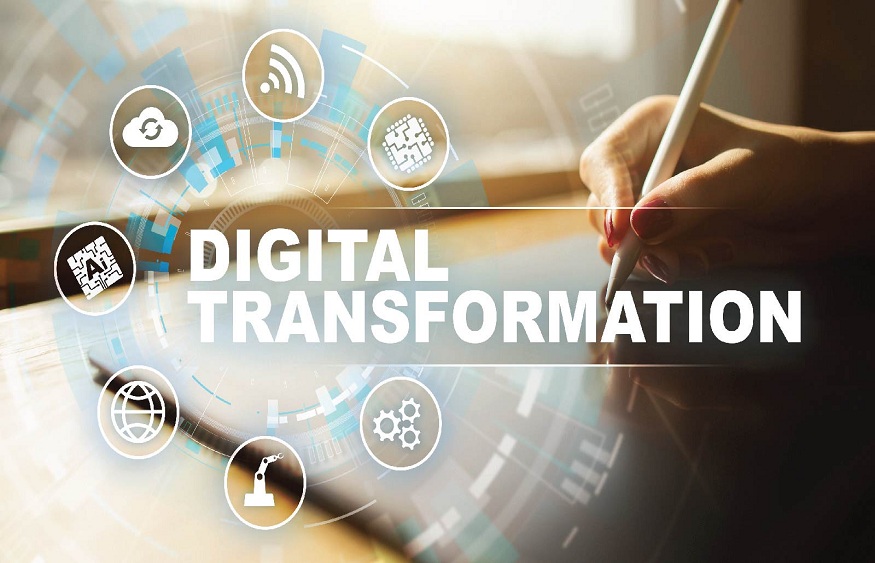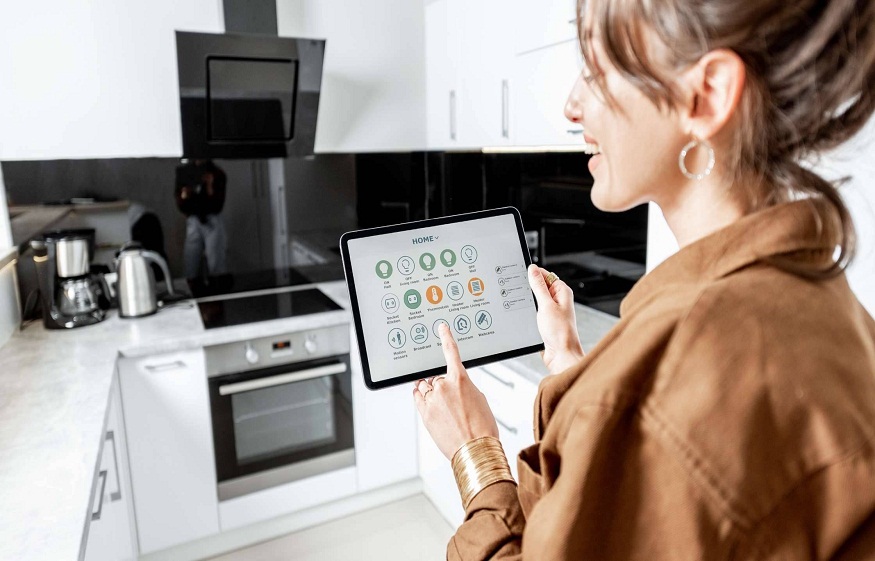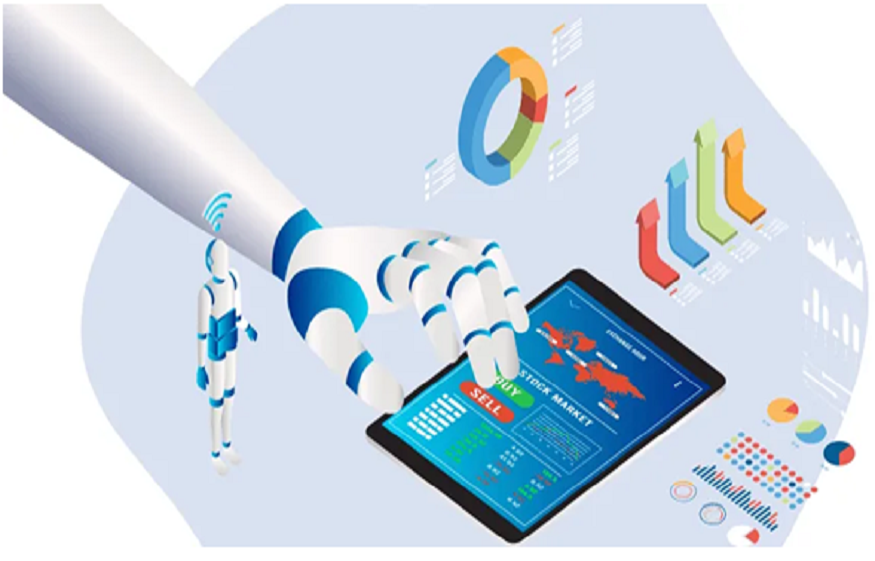
The financial sector, like any other sector, is about change. Professionals worldwide face enormous changes, from minimizing unforeseen corporate disruptors to adapting to new operating paradigms. This includes accounting. Procurement, like bookkeeping, is becoming more strategic for forward-thinking firms. One paradigm shift concept is virtual accounting and associated services. Read on to understand the concept.
Virtual Accounting
Virtual accounting, also known as remote, flexible, or cloud accounting, lets accountants operate from anywhere instead of going to clients’ offices. The accountant can remotely access the company’s server, financial information, and software. Virtual or cloud-based accounting firms offer several company services. Many accounting firms optimize accounting systems by customizing the best technologies.
Advantages of Digital Accounting
The accountant’s job is to monitor cash comings and goings, ensure that everything is recorded correctly and categorized, and double-check everything. They ensure that your financial statements and reports accurately reflect your income, expenses, bank transactions, and other accounts.
Presenting Data in Real Time
In this context, “real-time” means immediately following a transaction when the data is most beneficial. The seamless integration is made possible by digitization. Furthermore, reports can be generated nearly real-time when a cutting-edge mechanism is implemented. This will be useful because it will guarantee the necessary consistency in work and allow for a quick evaluation.
Developing by Use of Transpiration
Financial reports and other available data should have more thorough disclosures. Virtual accounting services will aid in elucidating the company’s multiple fee structures, which change for distinct reasons and at different times. For example, the cost to the customer could go up or down over time. This data can be seamlessly included with digital technologies that enable remote accounting work.
Hosted Services
Several kinds of software are deployed on remote servers, then reverted to the users. Such structures make it simple to keep safe copies of critical firm information while providing improved oversight and management. Because of this, businesses can confidently expand their operations, pursue new opportunities, and utilize new resources.
Study of Massive Amounts of Data
If accountants have access to extensive data, they can see problems in real time and use that information to pin down hard facts. Because of this, they will be better able to make decisions and have to make fewer assumptions and guesses while handling financial matters.
Technological Changes in Accounting
Some of the ways in which accounting is being affected by technological advancements include as follows:
Machine Learning
With finance and accounting automation, the most tedious tasks in an accountant’s day can be completed faster and more accurately. These programs automatically manage financial calculations and records, sometimes known as computerized accounting software.
Cloud Computing
Popular cloud-based financial and accounting services include. The need for cloud-based technology has increased alongside the rise of remote work in the corporate world, guaranteeing that companies can operate more effectively globally.
Artificial Intelligence
Accounting for AI has begun to evolve due to the rise of automated processes. In addition to lowering prices, this technological development allows for increased output. Automation of business operations, especially in data collection and processing, is to blame.
Benefits of Digital Transformation in Virtual Accounting
Following are some of the top positive impacts of digital transformation in virtual accounting:
Simplify Accounting
Accounting firms can save time and resources by automating mundane and repetitive operations, such as bookkeeping, invoicing, costs, and accounts payable/receivable.
Account Closing at the End of the Fiscal Year
Accounting firms no longer must pay a premium for using expensive digital tools and technologies, such as software that can automate monthly, quarterly, and yearly reports.
Examining for Discrepancies in the Books
To reduce overall liability, AI-based systems can scour through all the data, applying advanced analytics and anomaly detection in the audit.
Documents Required by Law
Thanks to automation, accountants can better comprehend and analyze financial data because they have more time to do so.
Why is it Necessary?
When you outsource financial services, professionals will manage all your accounting needs. Keep in mind that taking the time to create a solid financial strategy is a crucial factor in taking your company to the next level.
Conclusion
In today’s increasingly computerized world, accountants must complete their tasks in a coordinated, efficient, and standard fashion. As a result, virtual accountants are more likely to be sought out by a given business. Real-time reporting, cloud computing, extensive data analysis, and transparency are made possible by accounting solutions like fewer paper works, system uniformity, integrating consolidation systems, and process automation



